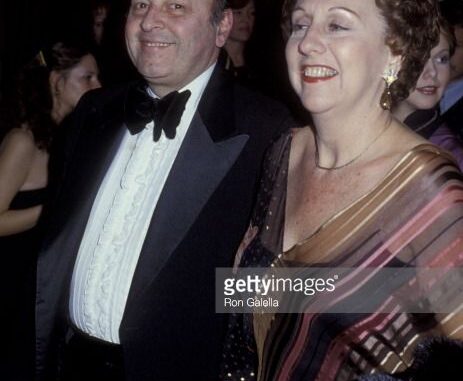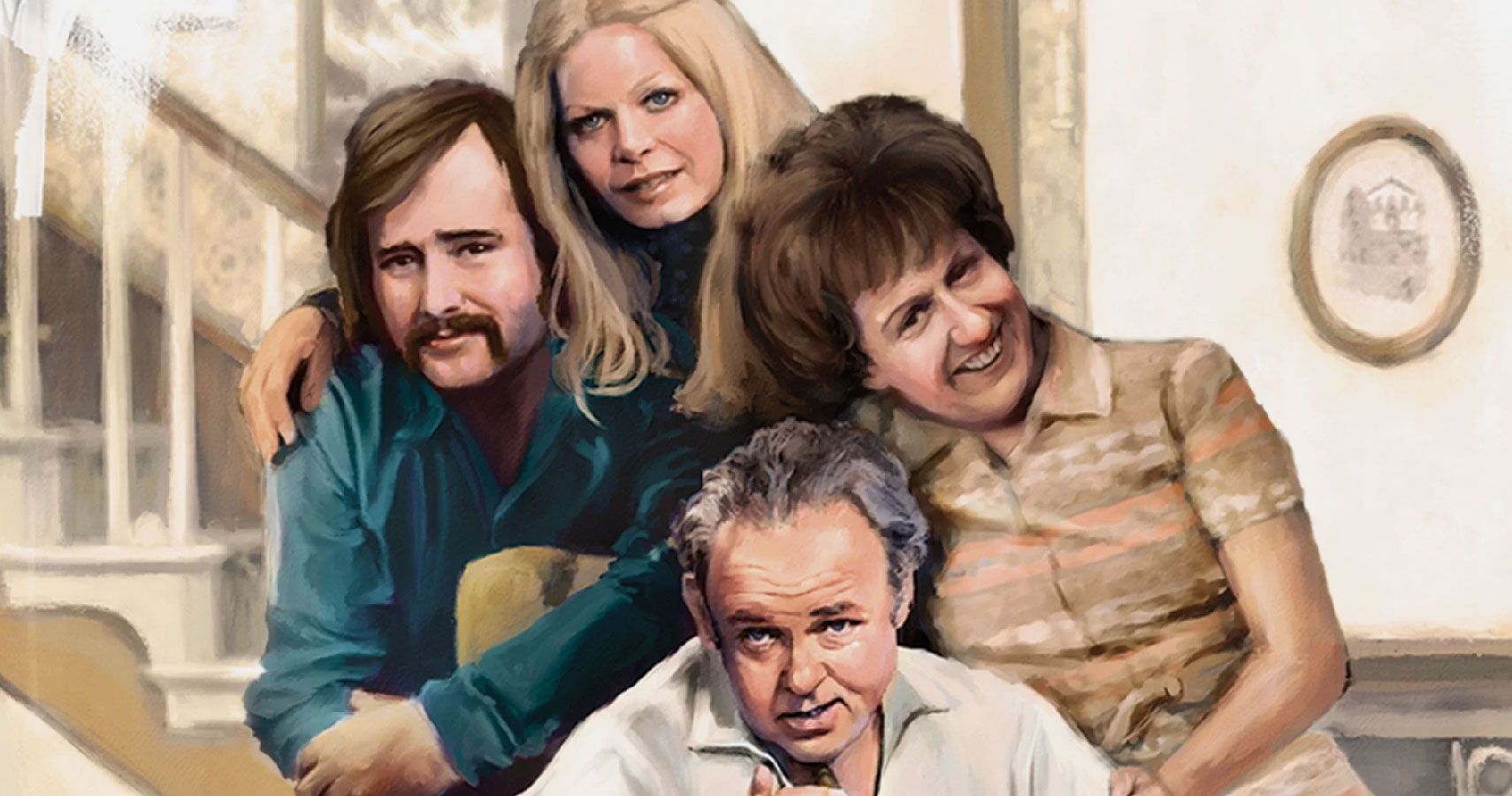
Norman Lear is a singular entity in the history of American television production. Nobody has dominated network TV for such a sustained period (until, perhaps, Shonda Rhimes). His shows, their spin-offs, and the characters became iconic pop cultural touchstones, and continue to resonate today.
However, when reflecting on Norman Lear’s legacy, there is a tendency to overlook how collaborative television is as a medium. No show gets created from the hard work of just one person. In celebrating Lear’s success, it’s important to highlight the hard work of everyone else involved.
For example, in a 1981 interview with The San Francisco Examiner, Jean Stapleton spoke about how she changed one particular script. Stapleton, who played Edith Bunker on All in the Family was a voice for change at every stage in her life. On Family, it was clear that nobody knew her character as closely as Stapleton did. That’s why, when a plot point didn’t sit right with her, Stapleton spoke up for Edith.
While she praised the show’s scripts for their honesty and reality, the actress also pointed out how many voices it took to get the words right.
“Lear established a total freedom for us to contribute,” she said.
One episode of All in the Family was about Archie being caught flirting with a waitress.
“They have a confrontation at home,” said Stapleton. “[Edith] has found out that he went to [the waitress’] apartment. He tries to lie his way out of it.”
In the first draft, Edith goes on a cliche-filled diatribe and storms out of the house. But that’s not how Stapleton thought her character would’ve acted.
“She wouldn’t have been able to cope, or release a great flood of words.”
Instead, Stapleton got her way, as Edith “went to the closet, got her coat on, and very solidly left.”
While Stapleton was praised for her work onscreen, it’s important to remember just how important her voice was in a room full of TV writers. Her input made Edith Bunker one of television’s most well-rounded and believable characters.
